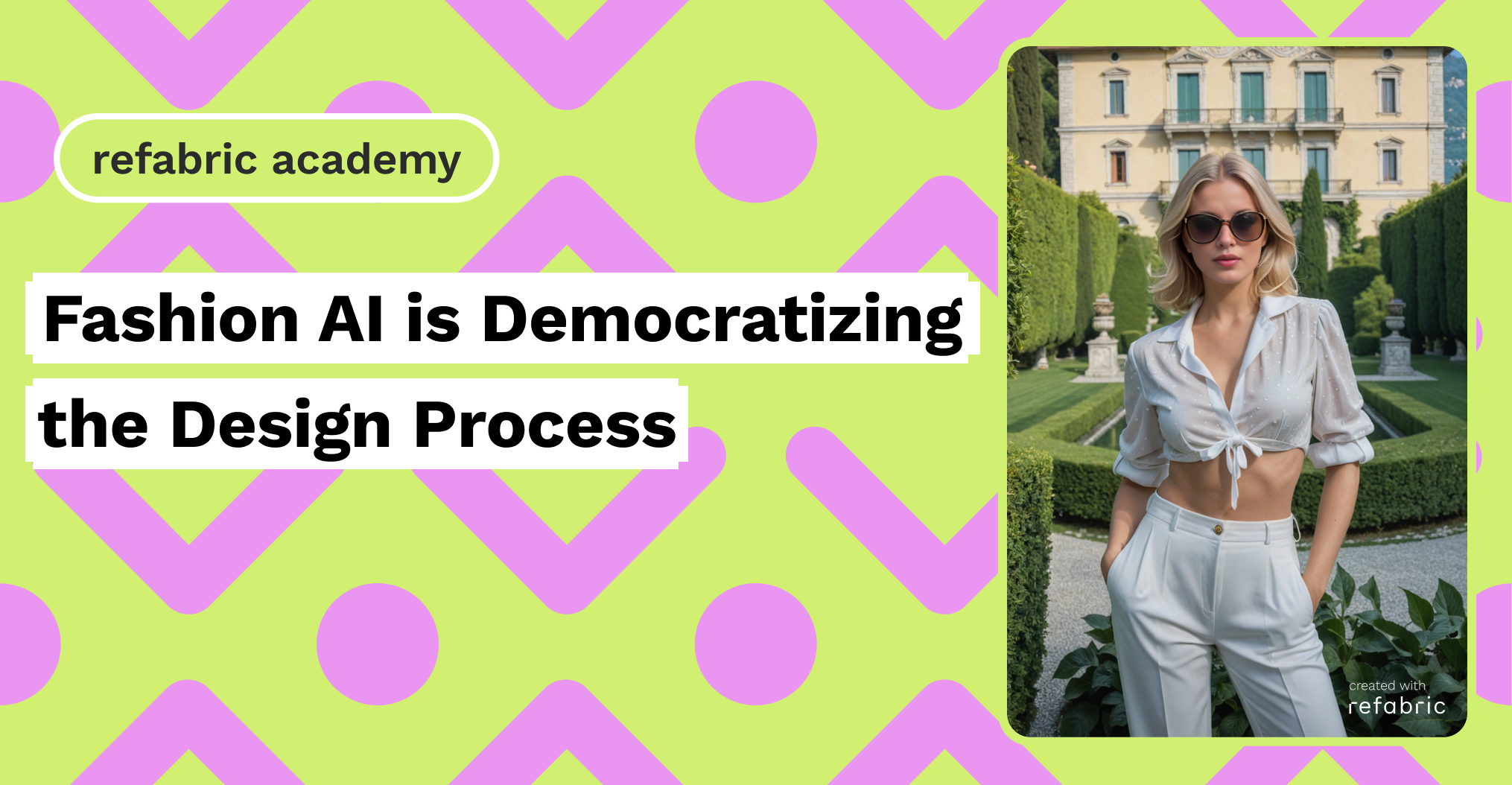The fashion industry, long revered for its blend of art and commerce, is experiencing a transformative shift thanks to the integration of Fashion AI. Traditionally, the art of designing a dress required a significant level of skill and experience, often necessitating years of training and practice. However, Fashion AI is now democratizing this process, making fashion design more accessible and enjoyable for everyone, regardless of drawing abilities.
One of the most profound impacts of Fashion AI in design is its ability to streamline the creative process. AI-powered design tools are revolutionizing the way designers approach their craft. These tools can analyze vast amounts of data, including fashion trends, color palettes, fabric types, and historical designs, to provide designers with a wealth of inspiration and guidance. By processing this information, Fashion AI can suggest design elements that are likely to resonate with current market trends, helping designers create pieces that are both innovative and commercially viable.
Fashion AI is Empowering Novice Designers
For novice designers or those who might not possess traditional drawing skills, Fashion AI offers an invaluable resource. AI-driven applications can generate detailed fashion designs based on simple inputs from the user. For instance, a user might specify the type of fabric, preferred colors, and overall style they envision. Fashion AI then uses this information to create a detailed sketch, complete with intricate design elements that might have been challenging for a beginner to conceive. This not only accelerates the design process but also opens up the world of fashion design to a broader audience.
Enhancing Precision and Efficiency
Moreover, Fashion AI is enhancing the precision and efficiency of fashion design. Traditional methods often involve multiple iterations and adjustments to achieve the perfect fit and style. AI-designed clothing can simulate various design options and modifications, allowing designers to experiment with different looks and quickly see the results. This capability significantly reduces the time and resources required for prototyping and adjustments, leading to a more efficient design process.
Another significant advantage of Fashion AI in design is its ability to foster collaboration. Design teams can use AI tools to work together more effectively, even if they are located in different parts of the world. Fashion AI can facilitate the sharing of design ideas, feedback, and modifications in a seamless and integrated manner. This collaborative approach not only enhances creativity but also ensures that the final design reflects diverse perspectives and ideas.
Personalization and Customer Preferences
Personalization is another area where AI-designed fashion is making a substantial impact. Modern consumers increasingly demand products that reflect their individual tastes and preferences. AI can analyze customer data to understand these preferences and suggest personalized design options. For instance, an AI application might recommend a dress design based on a customer’s previous purchases, body measurements, and style preferences. This level of customization was previously unattainable in the fashion industry, but AI-designed fashion is making it a reality.
AI is also addressing some of the sustainability challenges faced by the fashion industry. By optimizing design and production processes, AI-designed clothing can help reduce waste and improve resource efficiency. For example, AI can predict which designs are likely to be popular and in high demand, allowing brands to produce the right amount of inventory. This reduces overproduction and minimizes waste, contributing to a more sustainable fashion industry.
Transforming Fashion Education
Furthermore, AI is transforming the educational landscape for aspiring fashion designers. AI-powered platforms offer interactive tutorials and design simulations, enabling students to learn and practice design techniques in a virtual environment. These platforms can provide real-time feedback and suggestions, helping students refine their skills and gain confidence in their abilities.
In conclusion, Fashion AI is revolutionizing the fashion industry by making the design process more accessible, efficient, and enjoyable for everyone. Whether you’re a seasoned designer looking to streamline your workflow or a novice eager to explore the world of fashion design, Fashion AI in design offers powerful tools to enhance your creative journey. As AI continues to evolve, it promises to unlock new possibilities in fashion design, fostering innovation and inclusivity in this ever-evolving industry.
